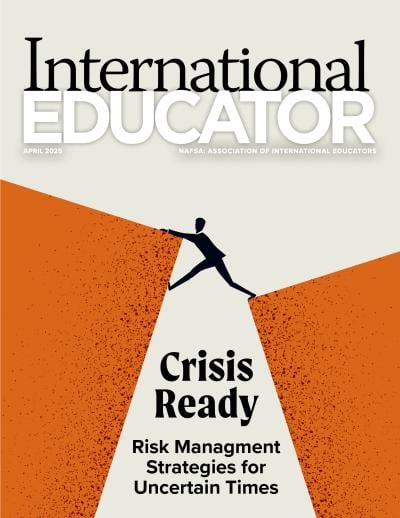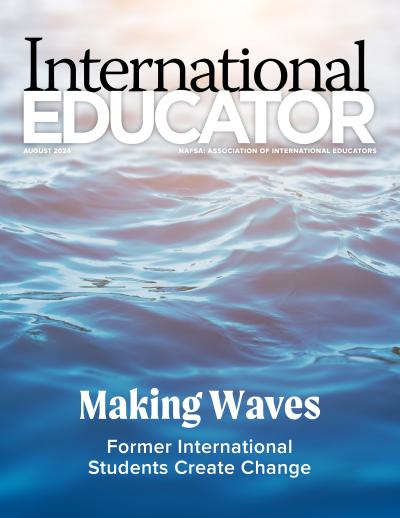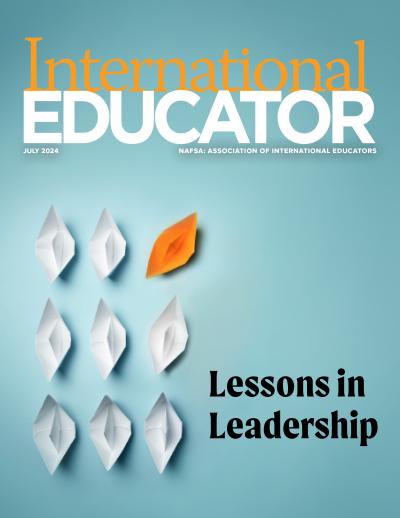InBrief: September + October 2013
In this issue: NACAC’s report on commission-based international student recruitment; UNESCO’s Global Learning Cities Network; U.S. community colleges as a model for India; New Zealand’s investment in international education; leaders of global innovation; and the U.S. Senate’s approval of a bipartisan immigration bill.
NACAC Report on Commission-Based International Student Recruitment
A commission of the National Association for College Admission Counseling (NACAC) has proposed an update to the association's position on the use of paid recruitment agents, moving from a stance of “may not” pay commissions to international student recruiters to “should not” pay commissions. The recommendation came in a report from NACAC’s Commission on International Student Recruitment in mid-June acknowledging the growing use of commission-based recruiters while supporting strict new standards for colleges who use paid agents to enroll international students.
While recommending that NACAC maintain its long-standing ban on member institutions making incentive-based payments for recruitments domestically in the United States, the report suggests that NACAC rescind its current ban on international student recruitment to allow commission-based enrollment, under the condition that members implement a series of firm requirements related to transparency, integrity, and institutional accountability.
This recommendation contrasts with statements outlined in NACAC’s May 2011 International Recruiting Proposal, which said that “NACAC is not opposed to the use of agents or agencies to recruit international students. We believe, however, that the use of agents who are compensated in the form of bonus, commission or other incentive payment on the basis of the number of students recruited or enrolled











